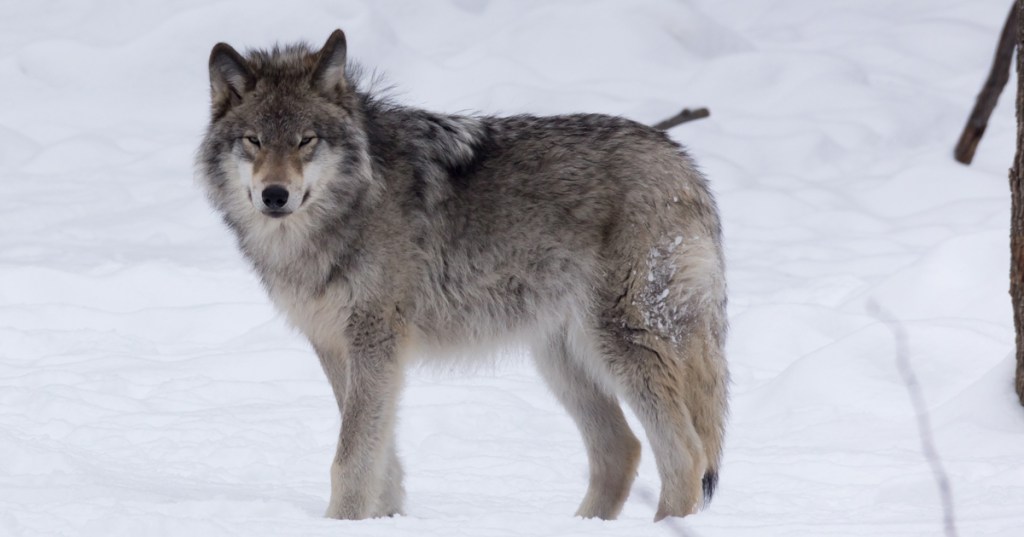According to researchers at Vienna’s University of Veterinary Medicine, wolves wanted to become dogs because dogs and humans share similarities. The scientists wanted to learn how wolves differ from pet dogs and have been studying wolves raised in captivity just like domesticated canines.
In a study published in the journal Frontiers in Psychology, researchers Friederike Range and Zsofia Viranyi share information on their “Canine Cooperation Hypothesis.”
According to Range and Viranyi, what made wolves ideal companions for humans were three social skills: wolves are cooperative, tolerant, and attentive — just like dogs. And, like dogs and humans, wolves live in packs.
Range and Viranyi conducted tests and found wolves can find where humans store food, are highly attentive (and able to anticipate the researchers’ next action), and are amenable to working alongside humans.
The researchers worked with 11 North American grey wolves and 14 dogs. The wolves and dogs were not wild.
Range tells ABC News, “Of course the attentiveness towards humans can be a learned response towards the human activity or rather they can probably concentrate on humans because they are not afraid of them.”
When it came to being attentive, the wolves in the study outperformed the dogs. According to Range, other studies about wolves being domesticated harkens back to when wolves were first used as hunting partners.
The idea of dogs descending from wolves has many different theories. Some scientists believe dogs originated in the Middle East. Others think dogs can be traced to East Asia. And some scientists don’t believe that dogs evolved from wolves.
Source: ABC News, Frontiers in Psychology









